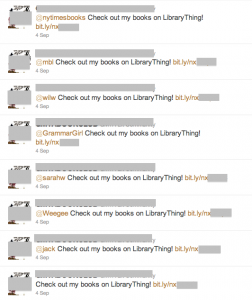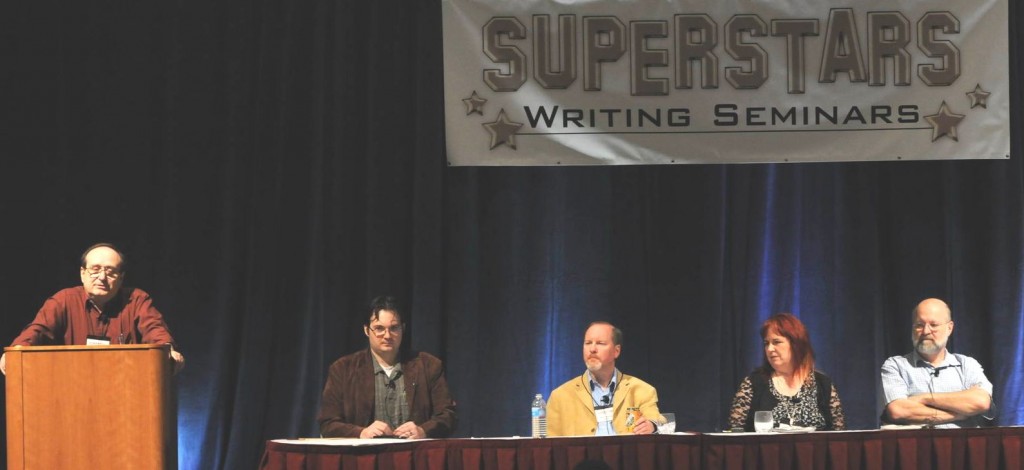It was disgusting. I don’t usually mind going to hear a once popular band, a relic from the rock “n roll era. I mean you’ve got to give these guys credit. Some have fallen from grace, face first, some withered away when music changed, while others simply went on to do different things. Some of the come backs have been less than stellar while others, despite their aging voices do a fabulous job.
This last come back dream should have been classed as a nightmare. The bass player, the only one who could hold a beat, competed with the drummer whose tinny cymbals accented the pitchy lead singer who was drowned out by the cacophony of screams forming the background vocals. And to think I paid to see them! I never want to imagine that I could ever disappoint anyone, let alone a total stranger, so badly …
So, how do you know if your writing is good enough to put out there? Where is the honest feedback? When do you abandon the dream? How hard do you need to work to make it good?
Traditionally, poets, novelists and short story writers have relied on the feedback from publishers (aka the dreaded rejection) to know if their writing is acceptable. Workshops, classes, writing and critique groups are all good sources for feedback – honest feedback which lessens the chances for rejection. Yet, I read that popular novel The Help was rejected 60 times (and had sold the movie rights) before it found a publisher. Go figure ….
Then there’s indie publishing. Scares the bejeepers out of me. Why? Because so many neophytes remind me of the comeback bands. They don’t know what’s good or bad. At least the come-back bands have an established following to prey upon. Aspiring writers don’t. Some writers have ventured forth on their own and have done well. Others have failed miserably.
Failing because marketing, promotion and distribution are tough things to handle for creative spirits is understandable and eventually can be overcome. Learn to do it yourself, join a writers marketing cooperative, find a small publisher to increase your chances, we can do whatever it takes to get our books out there. But, what if it’s because the writing wasn’t quite there? It’s critical to find people who know what they’re looking for, who can help with plot holes, logic gaps, grammar, etc. Find those people. Even traditional publishers, due to staffing, time and money constraints, want only the best written work.
And it’s the failures which concern me.
So whether you’ll be self publishing or approaching a traditional publisher, take the time to get it right. Time is on your side. A reputation for poor work is never on your side.
Oh and the comeback group, who shall remain nameless, announced they were laying the last track  on a new CD. Seriously? After the bomb dropped, they expect me to trust their artistic sensibilities? Never.
on a new CD. Seriously? After the bomb dropped, they expect me to trust their artistic sensibilities? Never.
So all I can say is, when I decide whether I self publish or woo a traditional publisher, my work will have survived feedback that I can trust. If I ever put a product out there that isn’t well crafted I don’t expect readers to give me a second chance. Publishers either, for that matter. I will only send out my best revised work because when you’re starting out, you have nothing to fall back on. No one to say I’ve seen her do it better.
Your record stands for itself – and if it’s your first shot, make it the best otherwise, that’s all there’ll be!




